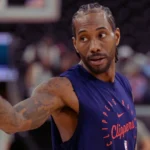
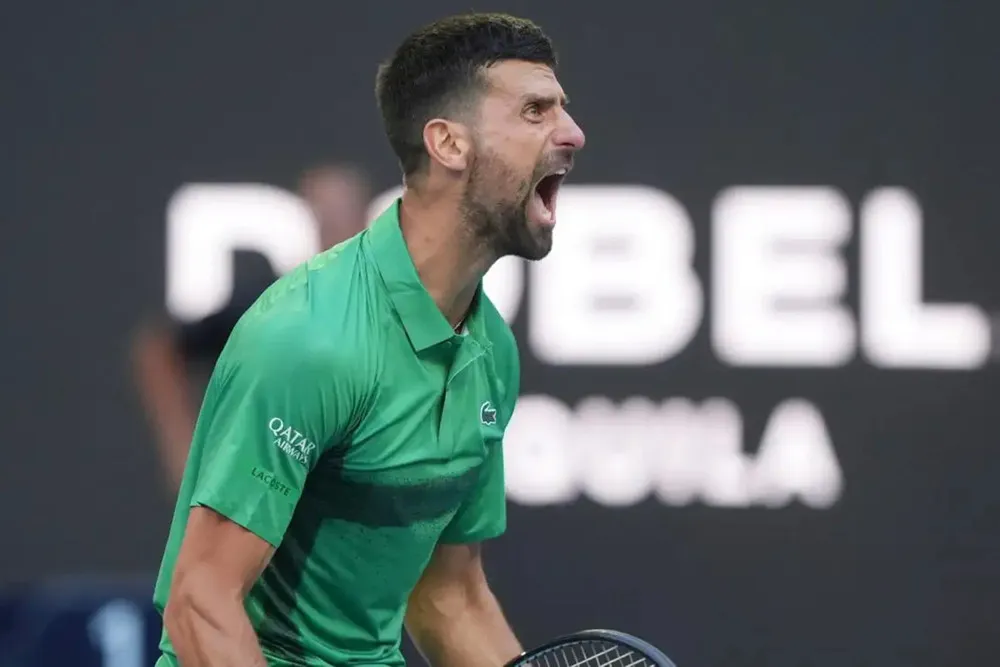
Novak Djokovic Screamed in His Face — Now His Ex-Coach Tells the World What Really Happened
For years, Novak Djokovic has been both admired and misunderstood — a tennis titan with a fiery spirit and a relentless will to win. But behind his iron façade lies a story few have heard — until now. In a candid and emotionally charged interview, Marco Panichi, Djokovic’s former fitness coach, opens up for the first time about the day the 24-time Grand Slam champion screamed in his face — and what that moment revealed about the man who dominates modern tennis.
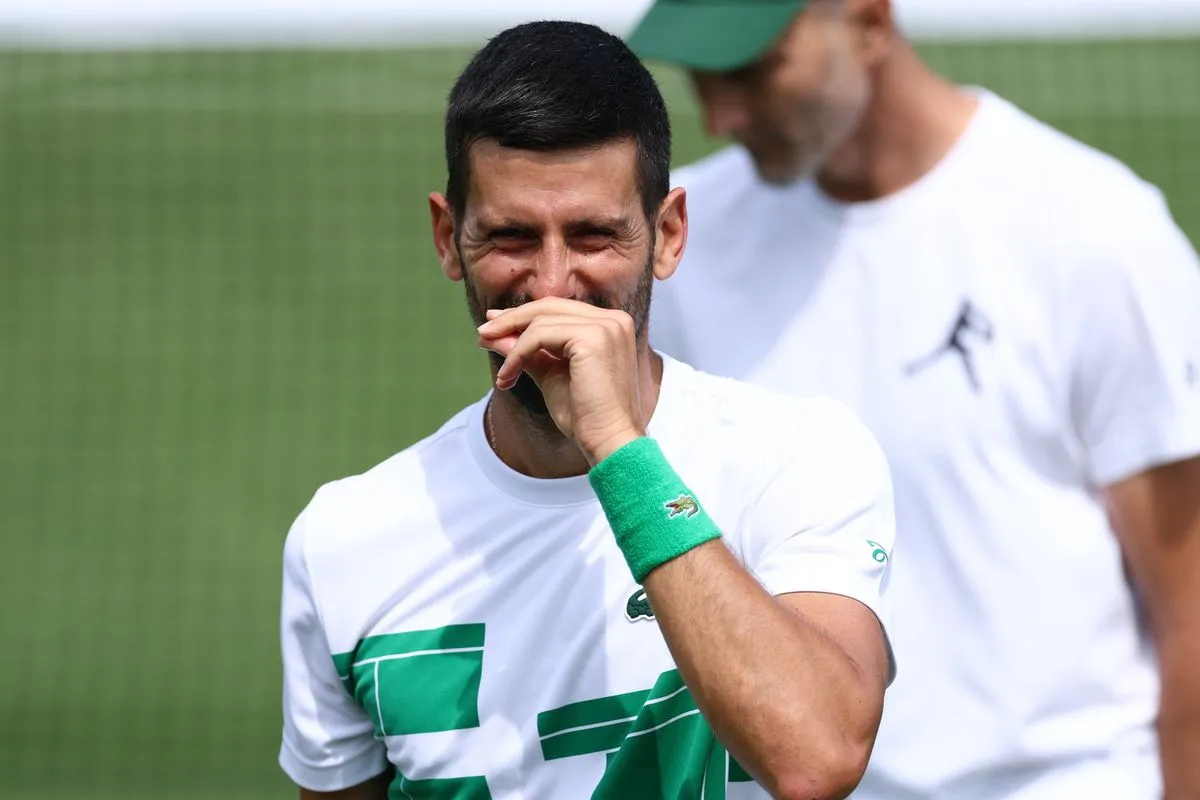
A Relationship Built on Trust, Sweat, and Silence
From 2017 to 2024, Marco Panichi was a silent architect behind Djokovic’s unprecedented physical renaissance. Known in the locker room as “Il Professore,” Panichi engineered Djokovic’s body to be both powerful and flexible, adapting to the brutal demands of top-tier tennis. Their partnership helped reclaim the No. 1 ranking, conquer multiple majors, and rewrite records.
But while the public only saw the trophies and triumphs, Panichi saw the pain, the pressure, and the emotional volcano Djokovic often kept bottled up.
“We trained in silence, in trust,” Panichi recalls. “With Novak, everything is felt more intensely — the wins, the losses, the expectations. He doesn’t just play tennis; he carries Serbia, his family, and his legacy on his shoulders every time he walks onto the court.”
The Day It Exploded
The moment in question happened behind closed doors during a high-stakes tournament in late 2021. Djokovic had just suffered a grueling loss — one that jeopardized his chances at completing the calendar-year Grand Slam.
The world remembers the scoreline. Panichi remembers the silence after the match — and then, the eruption.
“We were in the locker room,” Panichi says, his voice measured but firm. “He hadn’t spoken a word since shaking hands at the net. I followed him inside. I didn’t say anything. I knew better. But when I finally asked if he wanted to stretch and recover, he turned around — and he screamed in my face.”
Panichi pauses. “Not words. Just a roar. Primal. Raw emotion.”
The scream wasn’t directed at Panichi personally, he insists. It was the culmination of months — no, years — of internalized pressure. And Panichi, the man who had stood by Djokovic through injuries, doubts, and doubts, understood it better than anyone else could.
“It was a cry of frustration, not aggression,” he explains. “He needed to let it out. That scream wasn’t just about a match. It was about his entire journey.”
Behind the Fire: The Psychology of Novak
To understand the scream, one must first understand the mental engine of Novak Djokovic. Unlike Federer’s elegance or Nadal’s ferocity, Djokovic’s success often feels defiant. He has spent his career breaking through closed doors — of politics, tradition, and popularity.
“Novak’s mindset is built around overcoming doubt,” says Panichi. “Even when he was winning, he felt he had something to prove. To the press, to fans, sometimes to himself.”
But that very chip on his shoulder, Panichi reveals, is what made Djokovic extraordinary.
“His mind never rests. He reads, he questions, he meditates. He can finish a five-hour match and then ask me about ancient breathing techniques from India or a new nutrition protocol from Japan.”
Panichi laughs at the memory, but there’s reverence in his tone. He admired Djokovic not just as an athlete, but as an obsessive, relentless seeker of growth.
“That scream? It was also his way of resetting. Of emptying his mind so he could focus again. You have to realize: with Novak, even his anger is strategic.”
The Breaking Point That Almost Broke the Team
While Panichi insists he was never afraid of Djokovic’s outburst, it did mark a turning point in their relationship.
“For the first time, I felt… distance,” he admits. “He apologized quickly, of course. That’s Novak. He never lets pain linger too long. But something had shifted.”
Panichi noticed a growing tension in the months that followed — not personal animosity, but a subtle disconnection. Djokovic, always introspective, became more withdrawn. His circle tightened. The conversations during practice became less fluid, more transactional.
“He was evolving,” Panichi says. “And sometimes evolution means letting go of what you love.”
Eventually, in early 2024, Panichi and Djokovic parted ways professionally, citing “mutual respect and a desire for change.” The official statement was clean and diplomatic. But now, Panichi admits it was one of the hardest goodbyes of his life.
“I didn’t just lose a player. I lost a rhythm, a daily heartbeat I had lived with for almost a decade. But I also knew he needed to fly differently now.”
What the World Gets Wrong About Novak
According to Panichi, the public often misunderstands Djokovic’s passion. The screaming, the shirt-tearing, the on-court arguments — they’re not signs of volatility, but of volcanic emotional investment.
“He’s not fake. He doesn’t wear masks. What you see is what’s inside,” Panichi emphasizes. “People say he complains, that he’s dramatic. But he feels tennis the way poets feel words or artists feel paint. It’s not performance; it’s possession.”
This intensity, Panichi argues, is also what makes Djokovic a lightning rod in media narratives. “They want Federer’s smile and Nadal’s grit. But Novak? He’s a mirror — and not everyone likes what they see in it.”
The Legacy They Built Together
Despite their professional split, Panichi says he holds no regrets — only gratitude. Their time together yielded 12 Grand Slam titles, a historic 370+ weeks at World No. 1, and an enduring image of a champion who defied time and redefined athletic longevity.
“We restructured his entire physical architecture,” Panichi says proudly. “In his mid-thirties, he moved like a 25-year-old. That wasn’t luck. That was years of microscopic discipline.”
But more than the trophies or records, Panichi cherishes the quiet victories: the post-injury comebacks, the 6 a.m. training sessions, the philosophical conversations during rehab.
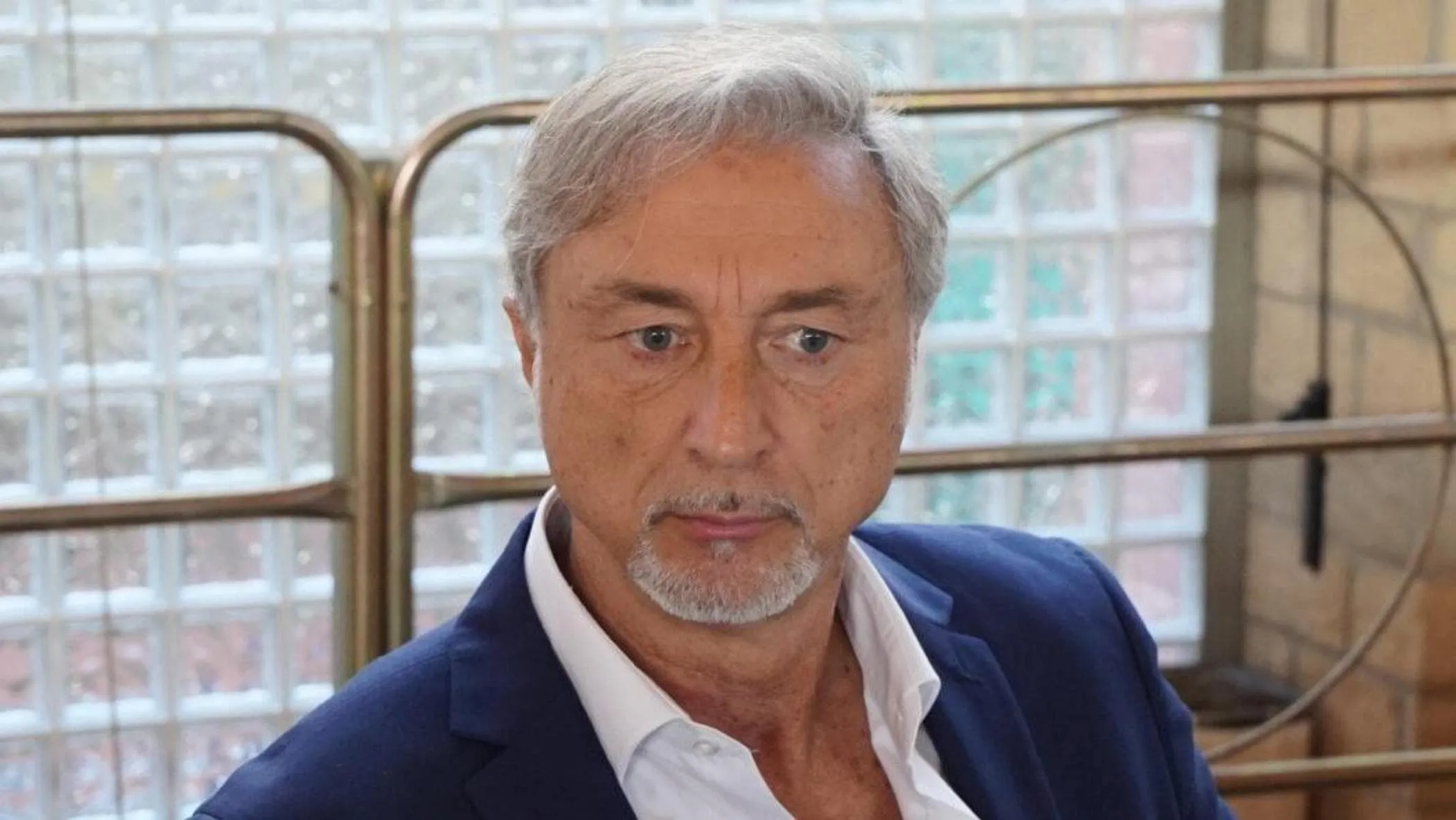
“Novak taught me that greatness isn’t loud. It’s in the details — in the invisible grind.”
What Happens Next?
Now coaching a new generation of players and working on performance science initiatives in Italy, Panichi keeps a respectful distance from Djokovic’s current journey. But he watches — always.
“I see him on court now, and I smile,” he says. “Because I know that underneath every serve, every return, there’s a piece of our work — of our friendship — still alive.” When asked if they’ll ever work together again, Panichi pauses.
“Life is circular. You never know. But whether we train again or not, I will always carry that scream in my heart — not as something violent, but as something real. A moment of pure Novak.”
Final Reflections: The Scream That Said Everything
In the annals of tennis history, Novak Djokovic will be remembered for his records, his rivalries, and his resilience. But to those who knew him behind the scenes, it’s moments like that scream — unfiltered, vulnerable, human — that define him most authentically.
It wasn’t a breakdown. It wasn’t aggression. It was the sound of a man releasing the weight of greatness. And for Marco Panichi, that scream wasn’t the end of their bond. It was its loudest, most unforgettable heartbeat.
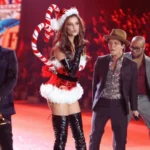


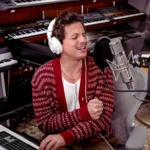

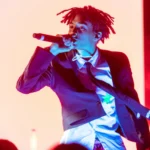

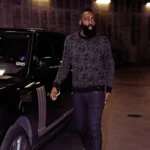
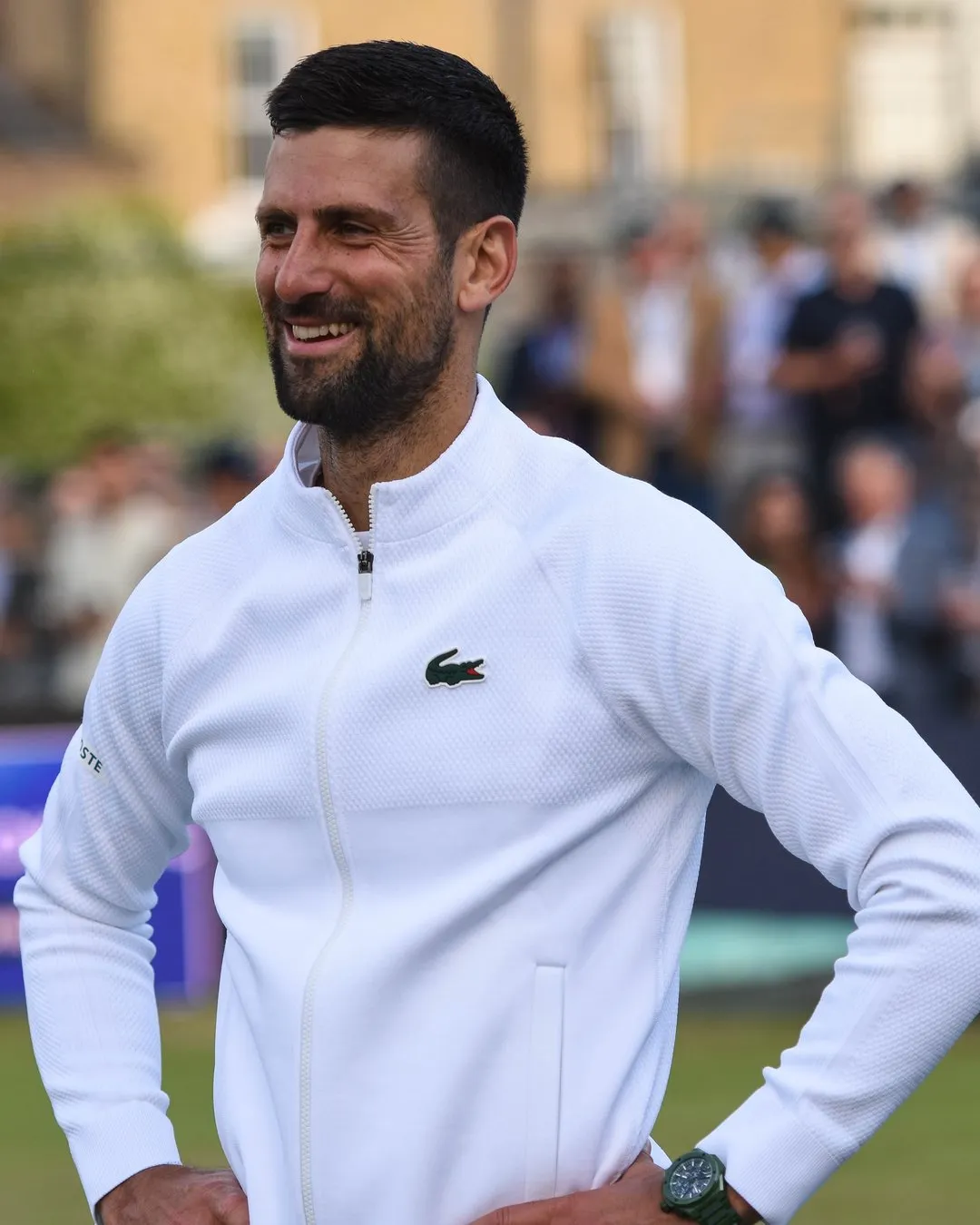
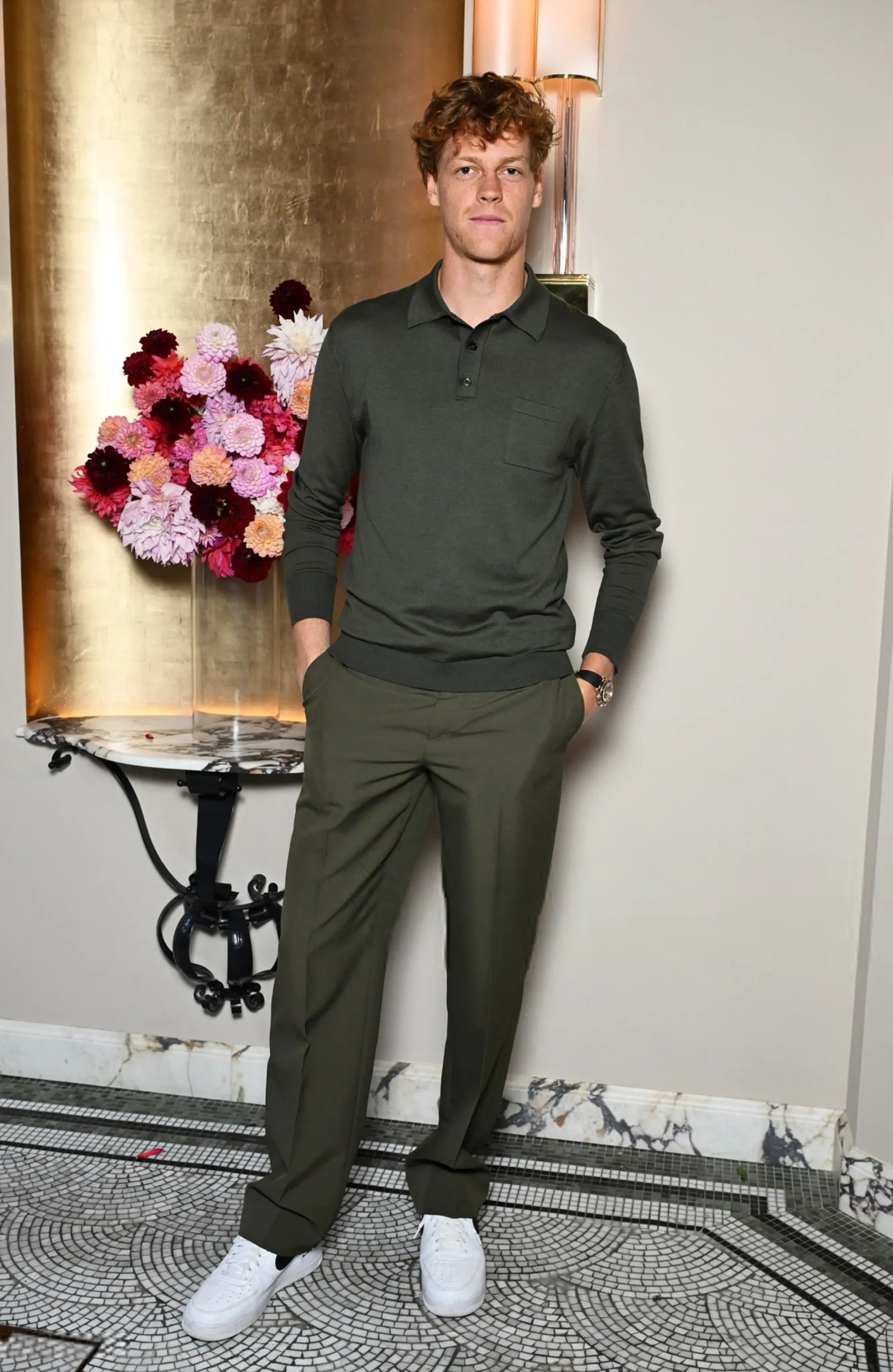
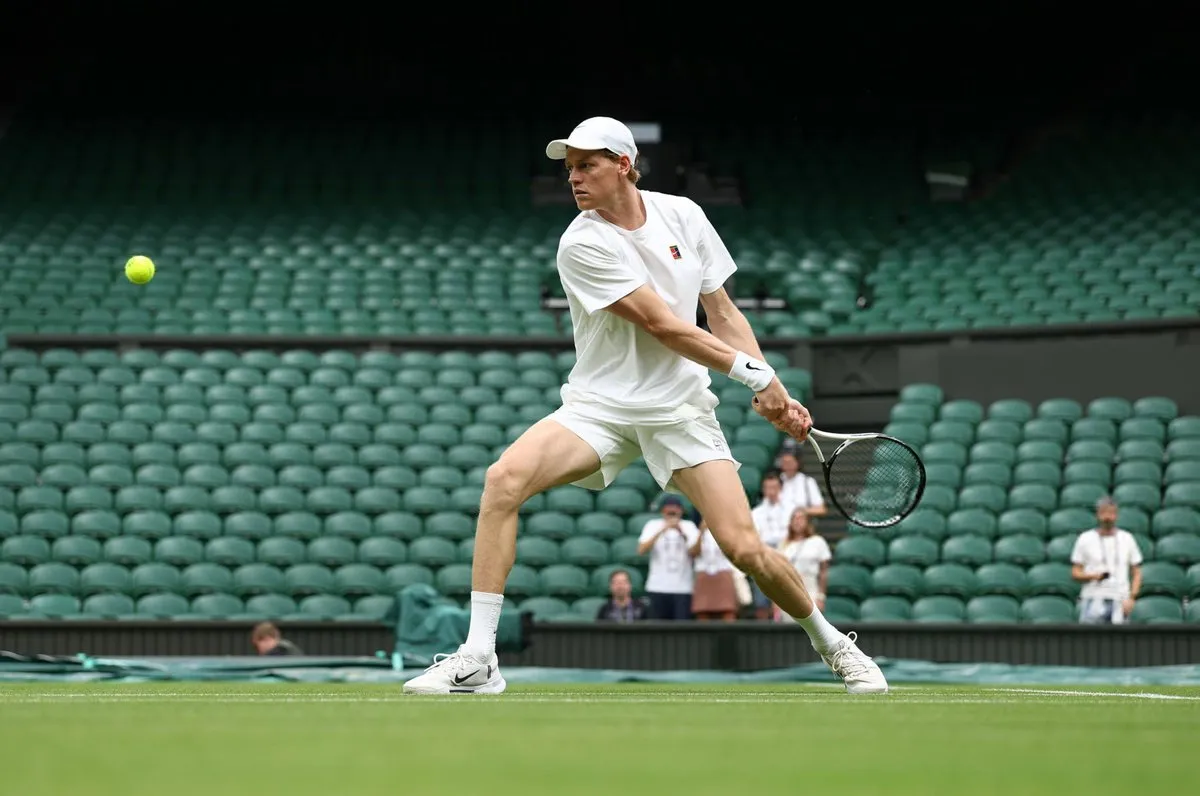








Post Comment